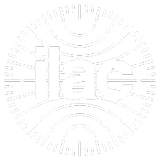Inspection News
Inspector Certification: Elevating Professionalism, Ensuring Credibility, and Quality
In today’s fiercely competitive landscape, having a team of certified inspectors is crucial for businesses to establish credibility and demonstrate service quality. Certification not only serves as proof of professional competence but also signifies a commitment to adhering to industry standards and regulations.
Why is Inspector Certification Important?
- Ensures Professional Competency: Certification validates that inspectors have received proper training, possess in-depth knowledge, and have the practical skills necessary to perform their work effectively.
- Adherence to Industry Standards: Certification demonstrates that inspectors understand and comply with the standards, procedures, and regulations relevant to their field of inspection.
- Enhances Company Reputation: A team of certified inspectors showcases professionalism and a commitment to quality, attracting customers and partners.
- Reduces Risk: Certified inspectors are capable of identifying and preventing errors, ensuring accuracy and safety during the inspection process.
- Continuous Knowledge Update: Certification often requires inspectors to participate in refresher courses, keeping them abreast of the latest advancements in the field.

Common Types of Inspector Certifications:
- ISO/IEC 17025 Accreditation: International standard for the competence of testing and calibration laboratories.
- ASNT Certification: Certification from the American Society for Nondestructive Testing, covering areas such as ultrasonic testing, radiographic testing, magnetic particle testing, etc.
- API Certification: Certification from the American Petroleum Institute, for inspection fields within the oil and gas industry.
- CSWIP Certification: Certification from the Certification Scheme for Welding Inspection Personnel, for welding inspection fields.
The Process of Obtaining Inspector Certification:
- Enroll in Training: Choose a training course relevant to your inspection field and desired standard.
- Pass the Exam: Complete theoretical and practical exams to demonstrate competence.
- Maintain Certification: Regularly participate in refresher courses to maintain the validity of the certification.
Inspector certification is not just a piece of paper; it’s an investment in your company’s competence, credibility, and quality. Ensure that your team of inspectors is equipped with the knowledge and skills to meet the demanding requirements of the market.
If you need professional quality control inspection services, contact VIS today! We ensure your product quality every step of the way.











